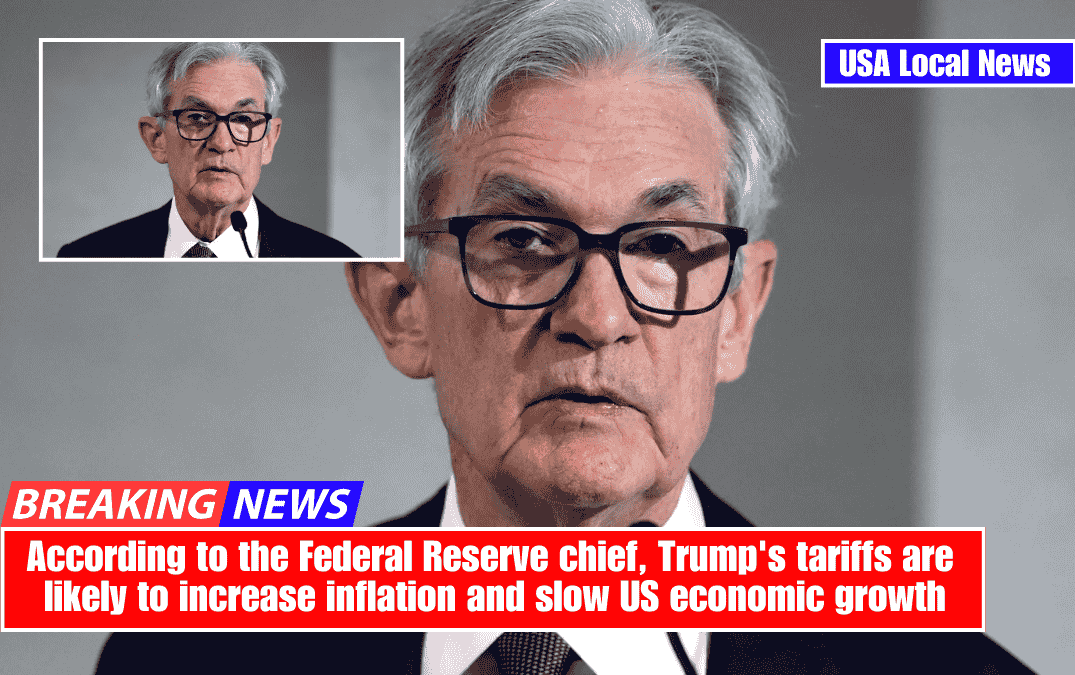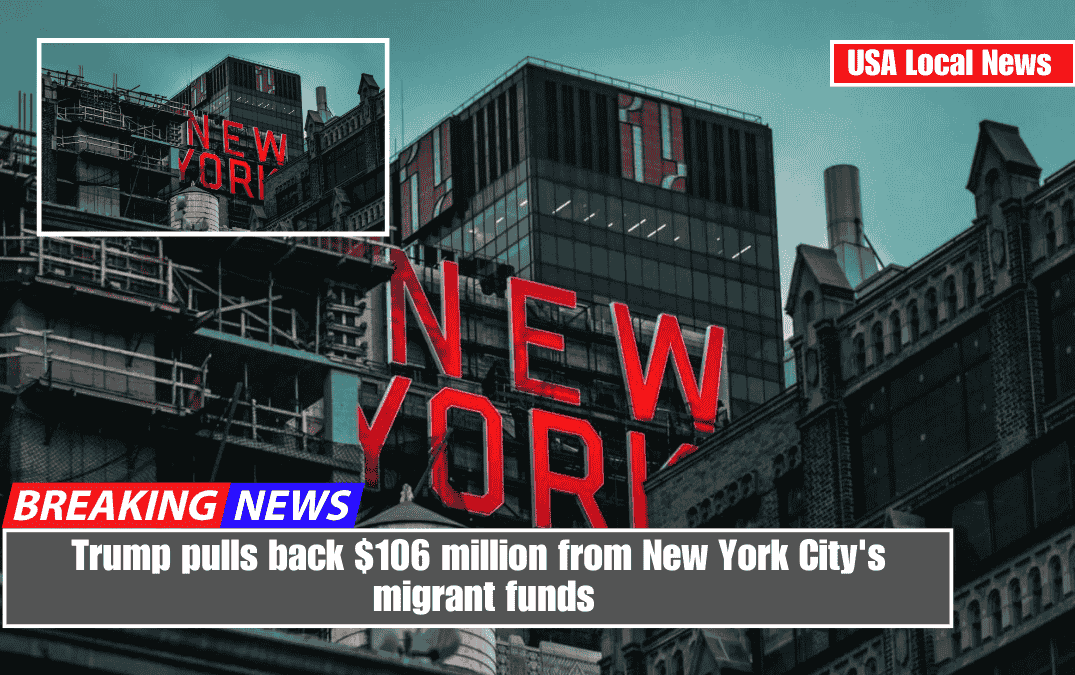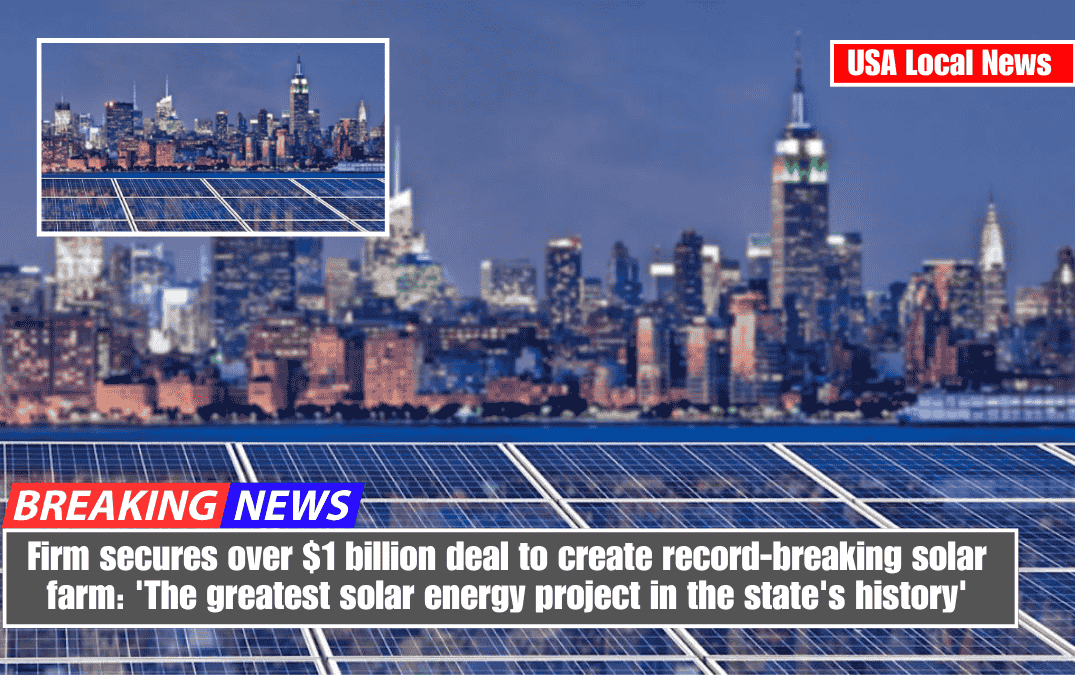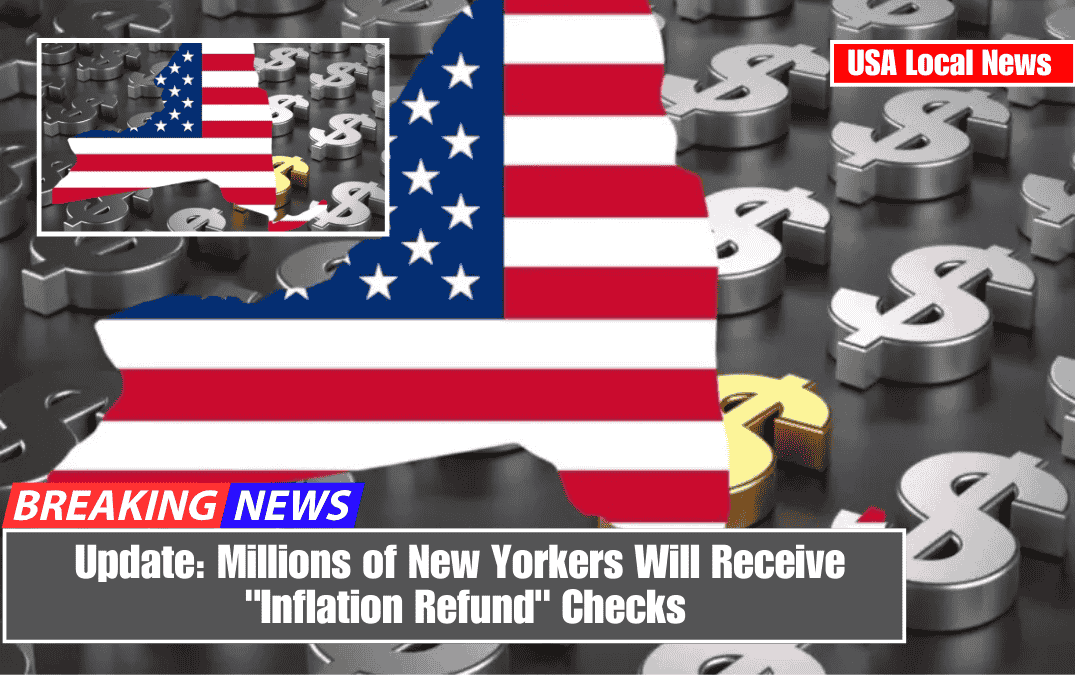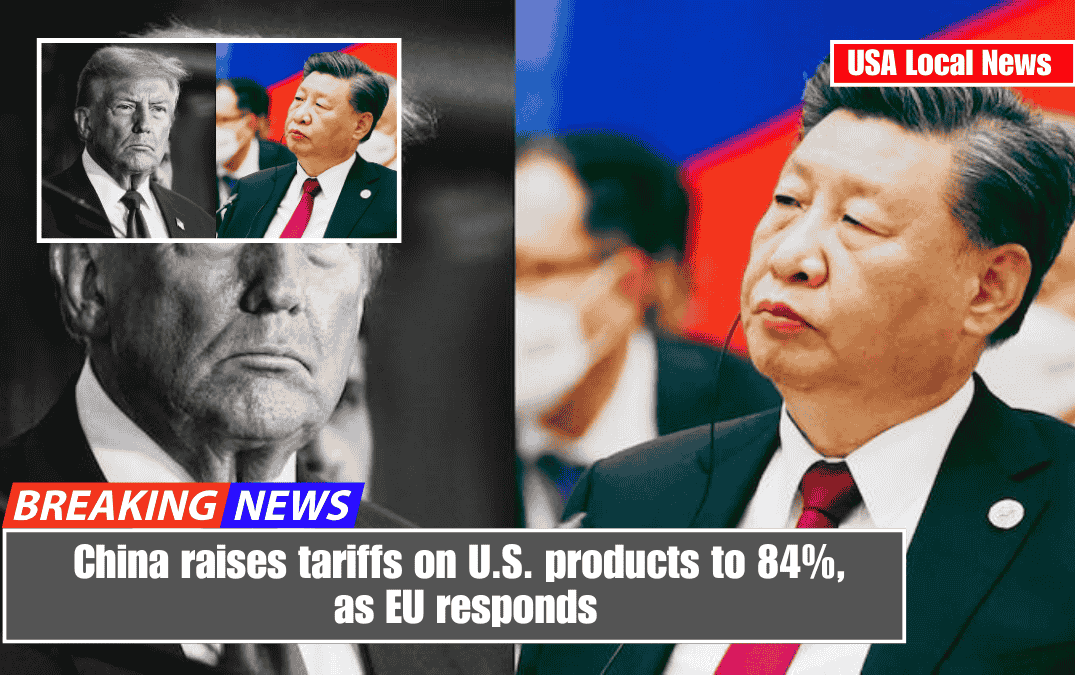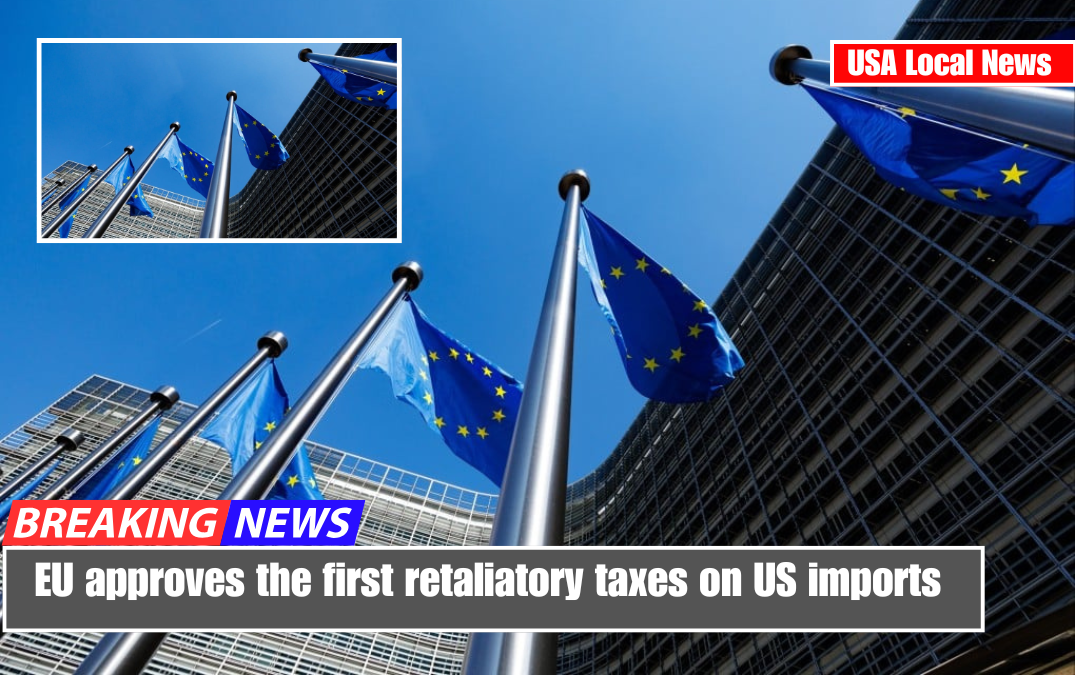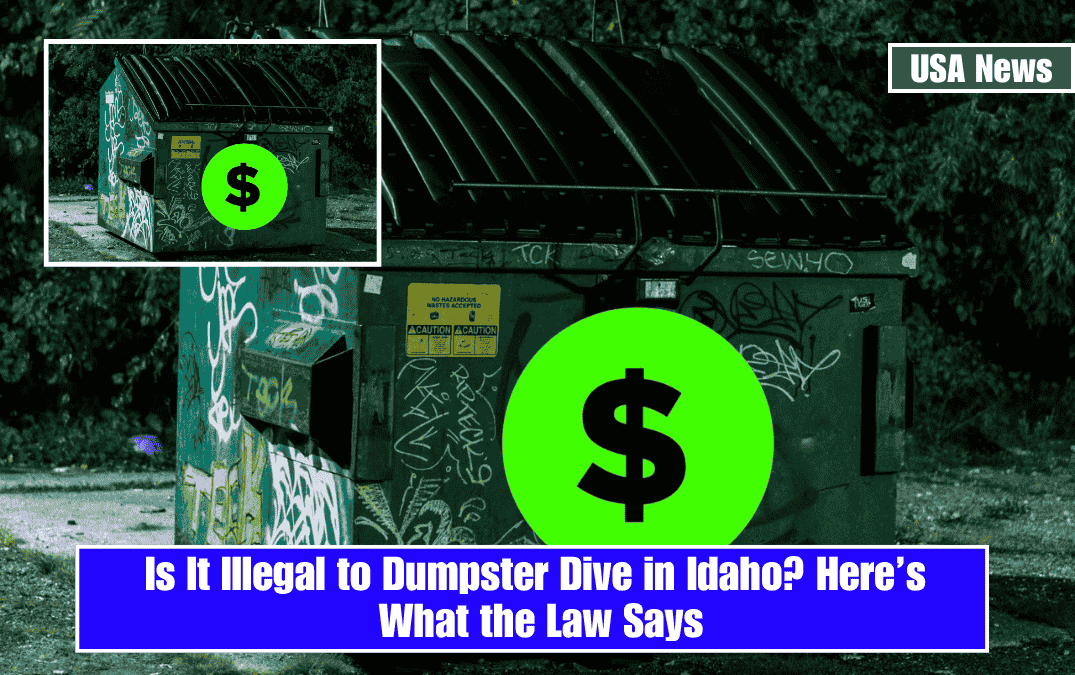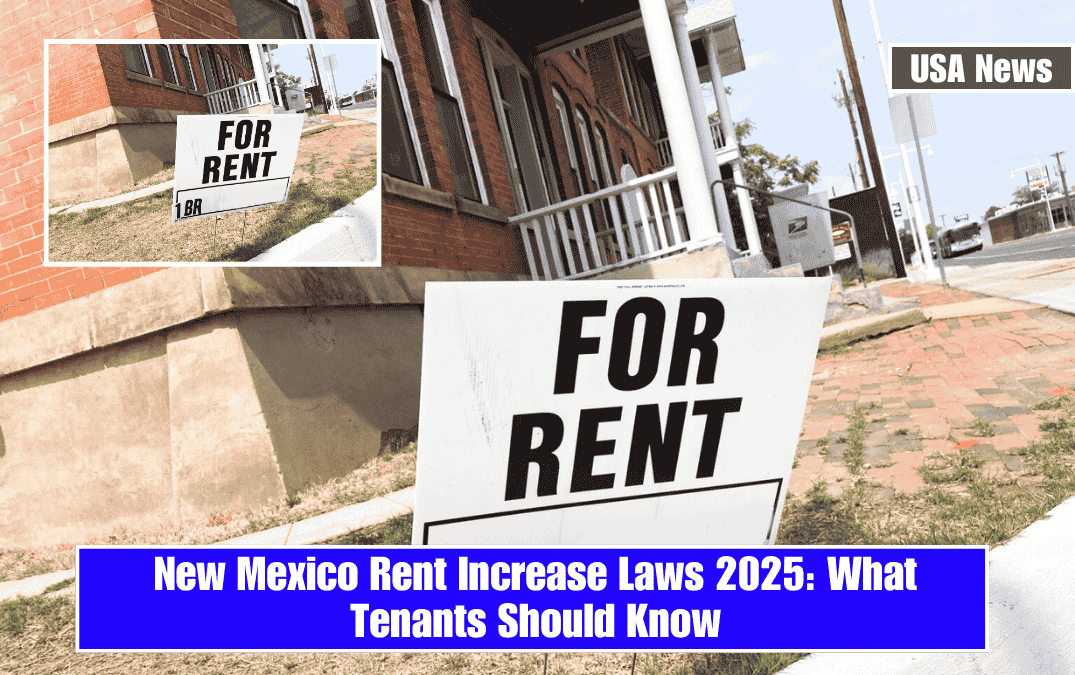ARLINGTON – The Trump administration’s expansive new tariffs will most likely result in higher inflation and slower growth for the US economy, Federal Reserve Chair Jerome Powell said Friday.
Powell stated that the tariffs, and their potential effects on the economy and inflation, are “significantly larger than expected.” He also stated that the import taxes will most likely cause “at least a temporary rise in inflation,” but that “it is also possible that the effects could be more persistent.”
“Our obligation is to… make certain that a one-time increase in the price level does not become an ongoing inflation problem,” Powell stated at a Society for Advancing Business Editing and Writing conference.
Powell’s emphasis on inflation suggests that the Fed will likely maintain its benchmark interest rate of around 4.3% in the coming months rather than cut it anytime soon. Higher borrowing costs can help to slow the economy and contain inflation.
Meanwhile, Wall Street investors now expect five interest rate cuts this year, a figure that has risen since President Donald Trump announced the tariffs on Wednesday.
AP Sagar Meghani, a Washington correspondent, reports on the Federal Reserve chairman’s predictions about the economic impact of the new tariffs.
Powell also stated that the full impact of tariffs on the economy is unknown, and the Fed will remain neutral until more information is available. He acknowledged that many businesses have said they are delaying new investments until they have a better understanding of the tariffs’ impact.
“There is a lot of waiting and seeing going on, including by us,” Powell said during a question-and-answer session. “And that just seems like the right thing to do in this period of uncertainty.”
Separately, Trump urged Powell to cut interest rates, citing lower inflation and energy prices on his social media platform, Truth Social.
“This would be a PERFECT time for Fed Chairman Jerome Powell to cut Interest Rates,” Mr. Trump wrote. “CUT INTEREST RATES, JEROME, AND STOP PLAYING POLITICS!”
Economists predict that tariffs will weaken the economy, potentially jeopardize hiring, and drive up prices. In that scenario, the Fed could lower interest rates to stimulate the economy, or it could keep rates unchanged — or even raise them — to combat inflation. Powell’s comments indicate that the Fed will primarily focus on inflation.
Powell’s comments come two days after Trump announced sweeping tariffs that have upended the global economy, prompted retaliatory moves by China, and sent stock prices in the United States and elsewhere plummeting.
Powell’s description of the impact of tariffs was more negative than last month, when he stated that any inflation caused by tariffs would most likely be temporary.
The Fed faces a difficult challenge when it comes to slower growth and higher prices. Typically, the central bank would lower its key interest rate to lower borrowing costs and stimulate the economy in the event of slower growth, while raising rates — or keeping them high — to slow spending and combat inflation.
“The Fed is in a tough spot with inflation set to accelerate and the economy poised to slow,” said Kathy Bostjancic, chief economist at Nationwide.
The Federal Reserve is required by law to seek maximum employment and price stability, which it defines as 2% annual inflation. Powell acknowledged that tariffs, which could result in job losses and higher prices, could make both goals more difficult to achieve.
“The two goals … are in tension — or they may be,” he told reporters.
Powell stated that the economy and hiring are currently strong, but that consumers and businesses are increasingly pessimistic about the future.
He also stated that inflation has dropped sharply since its peak in 2022, but that recent progress toward the central bank’s 2% target “has slowed.”
Positive news arrived Friday when the government reported that hiring accelerated in March, with 228,000 jobs added, though the unemployment rate rose to 4.2% from 4.1%.
However, those figures reflect hiring in mid-March, before the scope of the responsibilities became clear. Tariffs have also created uncertainty about how the economy will perform in the coming months, which may limit businesses’ willingness to invest and hire.
